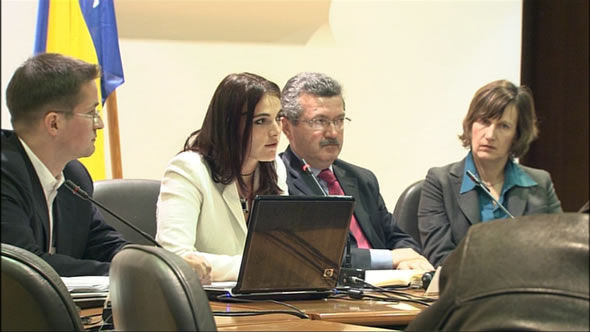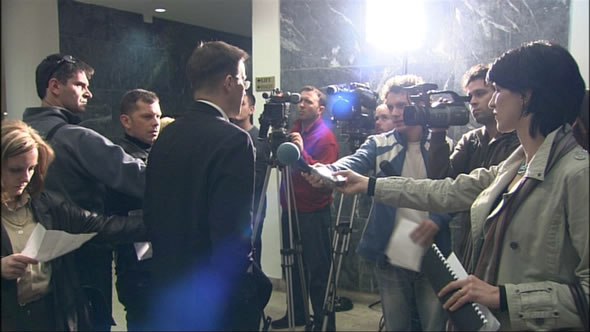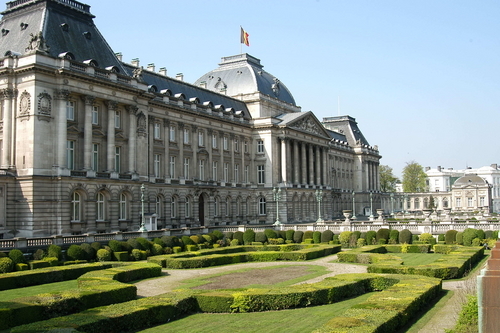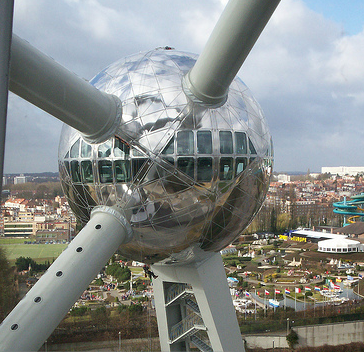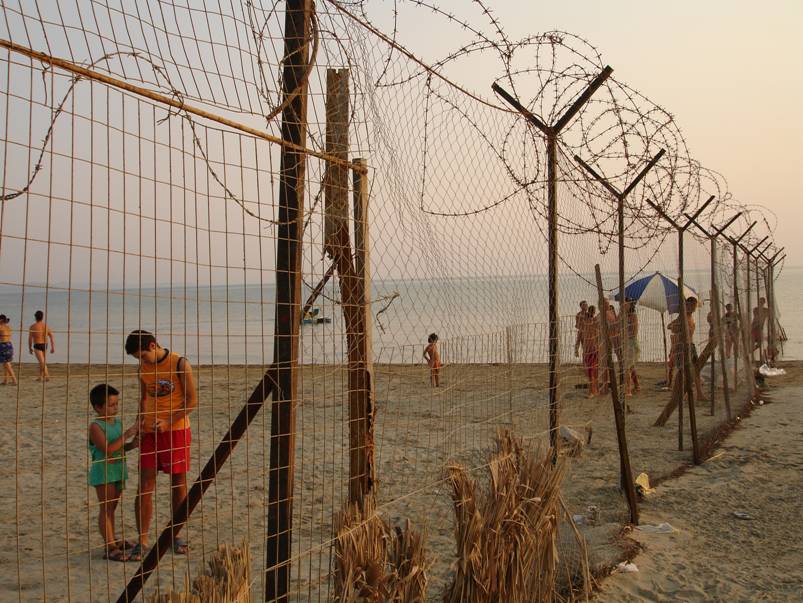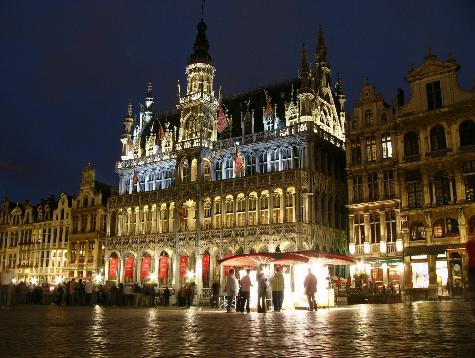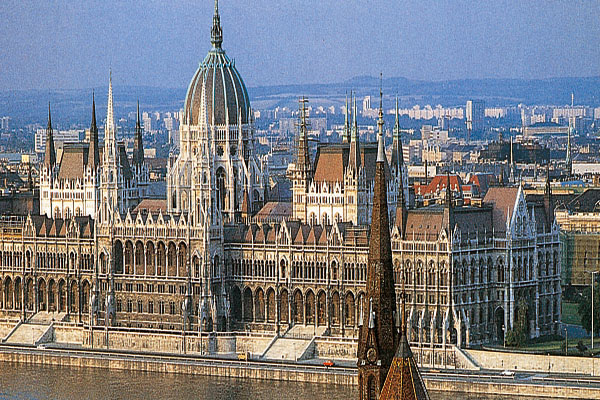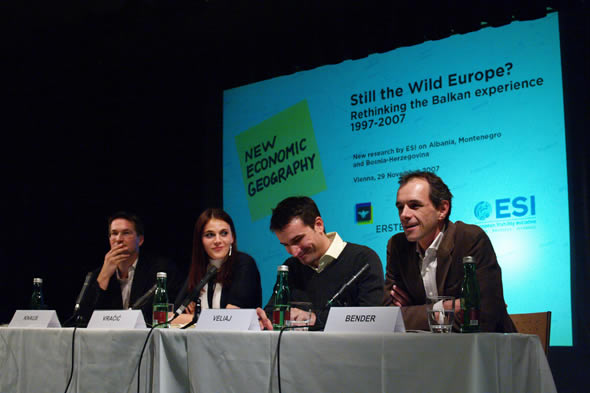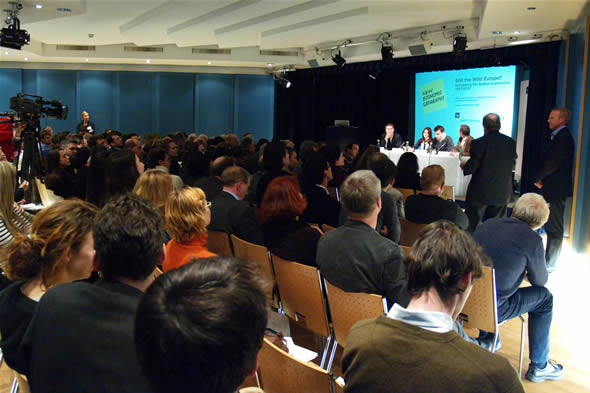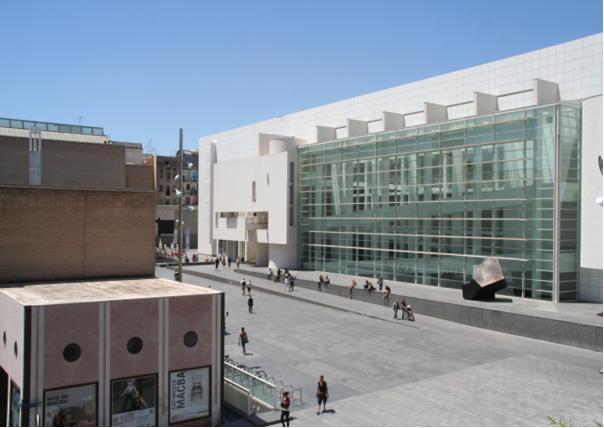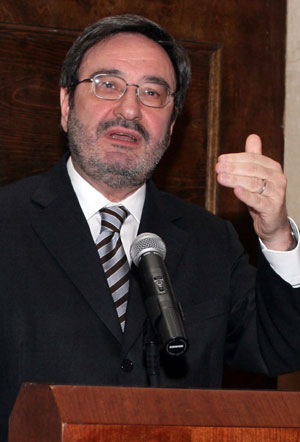Since 1999, ESI has published a large number of reports on Bosnia-Herzegovina, many of which have created wider public debates about the state of the country.
During the past year, ESI and the Bosnian think tank Populari have taken a fresh look at Bosnian realities – from interethnic relations and dealing with war crimes to energy policy and education – focusing in particular on some regions devastated during the war in the early 1990s: Central Bosnia and Doboj in Republika Srpska. This research was supported by the Erste Foundation and by the Norwegian government. The event was supported by the Swedish Embassy.
Populari’s Alida Vračić and I presented the findings and their implications for future EU policy towards the country in the Bosnian Parliament. Discussants included Osman Topčagić (Director of the BiH Directorate for European Integration) and Alexandra Stiglmayer (ESI senior Analyst).
The event was widely reported on in Bosnian newspapers. There was also a lot of coverage on local TV channels. I gave a long interview about the research to Nezavisna Televizia from Banja Luka and to OBN in Sarajevo.
- ESI report: A Bosnian Fortress. Return, energy and the future of Republika Srpska (19 December 2007). Also available in Bosnian/Croatian/Serbian: Bosanska Tvrđava. Prosperitet Doboja, energija i budućnost Bosne i Hercegovine
- Letter by Swedish Foreign Minister Carl Bildt
- Populari
